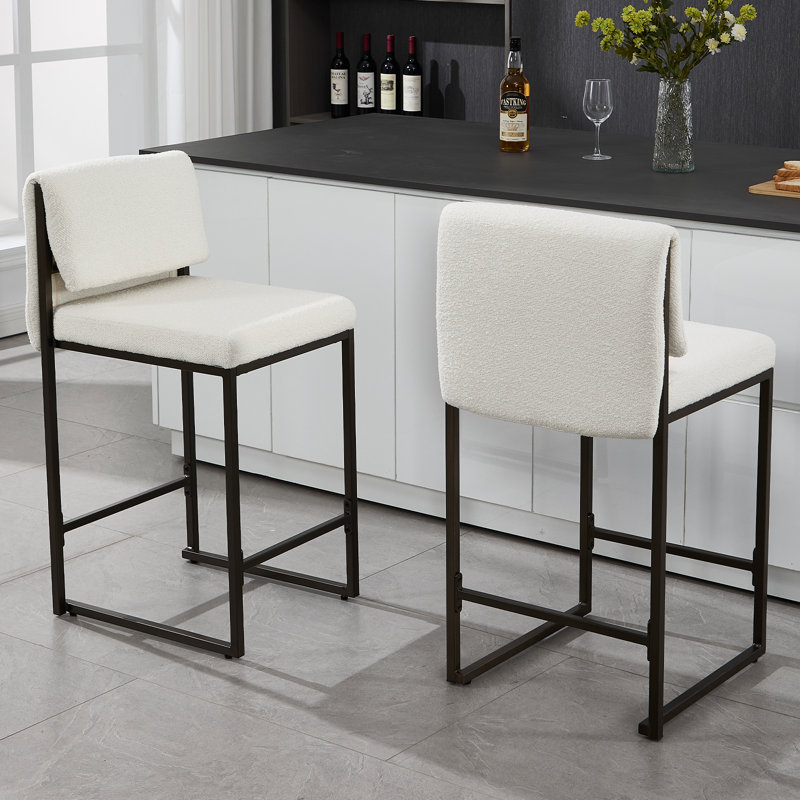Within the realm of interior design, the countertops you choose can notably elevate the environment, both aesthetically and in terms of functionality. Premium countertops not just contribute beauty to your culinary or bathing space but additionally boost the total value of your property. With a vast array of materials and finishes on the market, grasping what defines a countertop premium is crucial for anyone looking to invest in a lasting investment in their dwelling.
As you start the journey of selecting the perfect countertop, it's vital to understand the signs of durability and craftsmanship that set high-end options apart from the rest. From natural stone to engineered materials, each choice provides its distinct advantages and considerations. In this article, we will explore key factors that determine countertop quality, helping you to make an informed decision that merges both beauty and durability for your space.
Finding High-Quality Counters
When choosing a countertop, the quality should be paramount. like it are usually distinguished by their durability, visual appeal, and the construction materials. A well-made countertop will not only withstand daily usage but also preserve its appearance over the long haul. Elements such as thickness, finish, and quality of workmanship play important roles in determining the final quality of the product.
To spot a high-quality countertop, begin by assessing its surface. Look for a smooth, even surface with no visible seams or flaws. Touching view publisher site , such as testing for heat resistance and scratch resilience, can offer insight into its durability. Additionally, comprehending the specific properties of natural materials and man-made materials can assist you in making an informed decision on the best countertop best suits your needs.
Finally, watch for warning signs that point to lesser quality. Poor craftsmanship, uneven edges, and insufficient sealing can undermine a countertop's durability and performance. Taking the time to evaluate these factors can save you from the surprise costs associated with low-quality materials and ultimately lead to a worthwhile investment in your home.
Material Comparisons for Durability

When selecting a countertop, comprehending the durability of materials is essential. Natural stones such as granite and marble are famous for their longevity. This stone is particularly durable, able to withstand scratches and heat, making it an excellent choice for active kitchens. This material, while elegant and timeless, can be more susceptible to stains and chips, which may call for more upkeep. Both materials can persist for decades if well-maintained, but their advantages and disadvantages should be weighed against your lifestyle and usage patterns.
Synthetic stone, primarily quartz surfaces, offers a unique durability. Unlike natural stones, quartz countertops are made from about 90-95 percent crushed stone mixed with resins and polymers, which enhances their durability. They are impervious to liquids, making them highly resistant to stains, and their uniform appearance provides a contemporary aesthetic. While they can withstand heat fairly well, it is still wise to use heat protectors for heated cookware. This material often promotes low upkeep, appealing to those who prefer a low-effort option without compromising quality.
A further option gaining popularity is solid surface countertops, made from acrylic materials or polyester composites. These surfaces are scratch-resistant and can be smoothly integrated for a clean appearance. One of their key advantages is the ability to fix minor scratches, as they can be sanded down easily. However, Find Out More are not as heat resistant as granite or quartz, and users should be cautious with hot cookware. Assessing these materials and their individual qualities will ensure you invest in a countertop that meets your durability requirements and fits your design choices.
Evaluating Countertop Craftsmanship
When selecting a premium countertop, craftsmanship plays a key role in affecting the overall longevity and aesthetic appeal. Finely crafted countertops exhibit exactness in their joints, edges, and finishing touches. Search for uniform designs and colors, as variations may indicate low-quality materials or substandard fabrication techniques. Exceptional craftsmanship ensures that connections and seams are almost invisible, enhancing the visual appeal and achieving a flawless look.
Another aspect to consider is the focus to detail in the finalizing process. A high-quality countertop should have a smooth finish without any blemishes or flaws. The edges should be flawlessly polished, whether you favor a simple edge or a more intricate profile. Additionally, the sealing process should be of top-notch quality to guard against stains and moisture, aiding to the longevity of the surface.
Lastly, knowing how the countertop was fabricated can give you information into its quality. Top-tier countertops are typically made using modern techniques that adhere to stringent quality control measures. Inquire your supplier about the fabrication process and any accreditations their products hold. A respected supplier will be transparent about their practices and provide you with details that showcases the craftsmanship behind their countertops, guaranteeing that you purchase a product that satisfies your standards for both aesthetics and strength.
